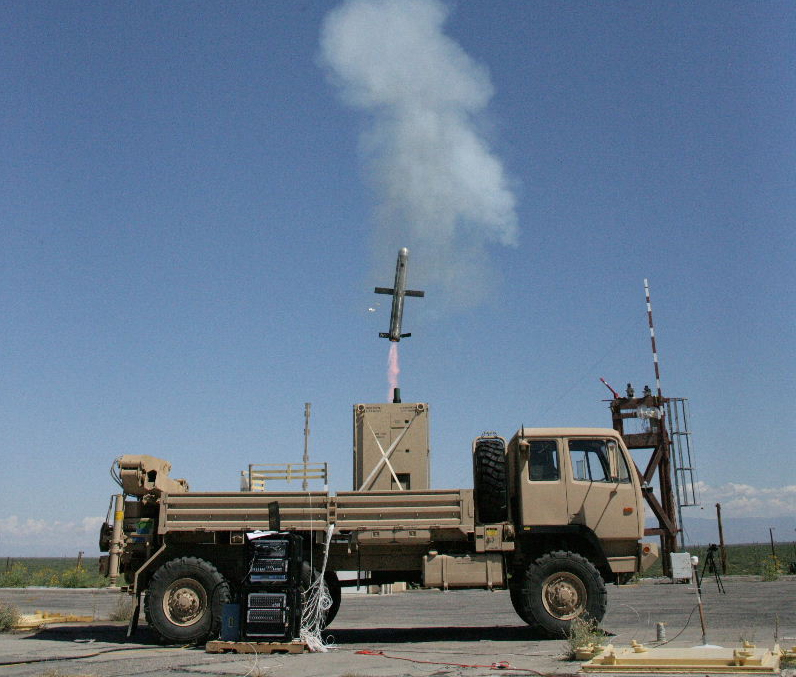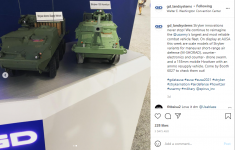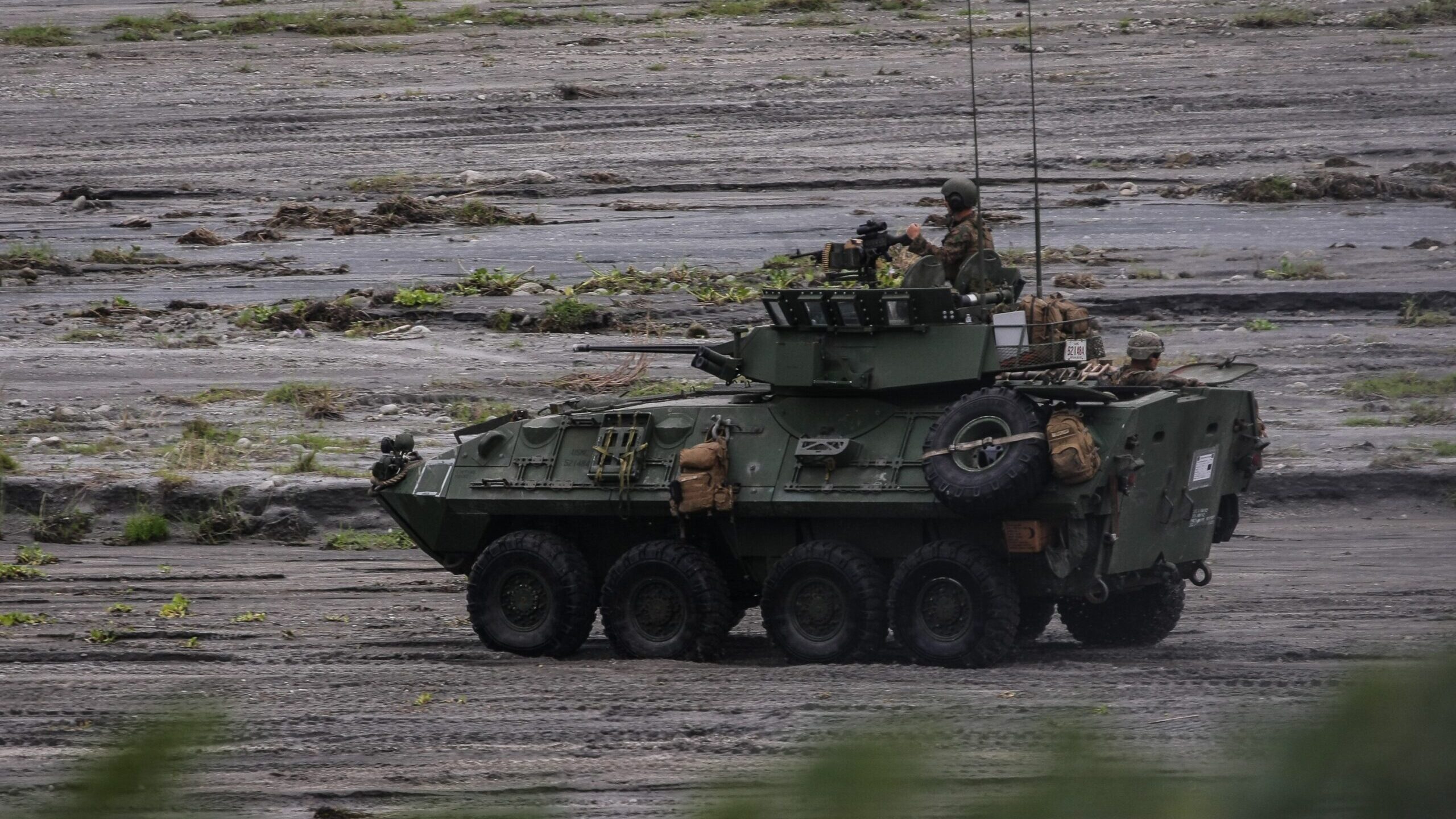Probably because the CF is generally a terrible business partner - as polices change on the whim of the .gov
That’s true. Very true. It’s hard to do business with a partner like DND/CAF who can have even a project cancelled at basically any time, without much notice.
Having bipartisan agreement on certain procurement policies would go a long way to correcting a large part of that.
Streamlining procurement so only a few fingers are in the pie would help - DND/CAF keeping a simple procurement simple would really help as well. (Pistol replacement…
ahem…)
RCMP, CBSA, and almost every law enforcement agency in the country is a reliable business partner when it comes to vehicle acquisition, firearm acquisition, etc.
None of them may be huge business partners individually, but those sales add up very quickly.
DND/CAF may never be as stable as a partner just due to our purpose and capability goals. We don’t need new medium or heavy logistic trucks every year, nor helicopters, nor fighters, nor warships, etc. But we could use them more than once every 20+ years.
But if we modified & simplified the way we do procurement, we could be a desirable business partner when it comes to smaller yet consistent sales - even on the capital acquisition side.
For example, Bell Textron has their helicopter factory in (ofcourse) Quebec.
Our initial purchase of 100 Griffons was great for that company, factory, local economy, etc.
But once those 100 helicopters were delivered, Canadian government orders mostly dried up, minus the odd purchase here and there. (We also screwed them out of supplying 15 helicopters to the Philippines. A great way for Bell to consider closing their factory here next time they look to streamline their operations.)
Now that we’ve had the Griffon in service for quite some time, and our entire military is familiar with them - when it comes time for replacement, we could implement a simple 10 helicopters per year, for 10 years. (Or something like that. Maybe even do it in 5 year increments - I’m sure you get my drift.)
Sign the contract so it’s a done deal, so it doesn’t have to be revisited each year - perhaps modified to reflect economic or technological changes.
The CAF can sell off the oldest choppers with the most hours, and have them replaced with newer birds. Perhaps focus on delivering the newer birds to one squadron at a time, to keep things as simple as possible.
The CAF is happy. Bell is happy. The local economy is happy because the work is highly skilled, well paying, and consistent. The general public doesn’t have a huge panic attack with the price tag, and comes to support the CAF more and more as we become a more vital part of local economies. And that really does trickle out in so many ways.
Our boom & bust way of doing things is great for a company that wants a nice multi-billion dollar shot in the arm. It’s bad for companies that want to do business on a consistent basis. It’s terrible for companies that need to hire or train people with specialized skill-sets, who disappear after the work does.
<It would just be nice if the elected officials in Ottawa grew up and said “Politics aside, we all agree this would benefit our country in the following ways. Let’s agree to make this a policy, regardless of which party is in power.”
Because stable economies and jobs! jobs! jobs! are not only great for everybody, but it saves the political parties the hassle of needing to promise a bunch of nonsense come election times. They can focus on their policies rather than surprise announcements to bribe voters.>
KevinB, the above was in agreement with your post, and a bit of ranting. (I’ve been doing that a lot lately…is this what getting older feels like? Is that what I’m going through?) It wasn’t meant as a lecture of the obvious by any means











